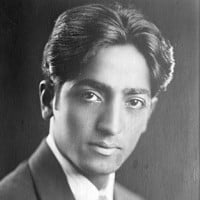Top Ten Favorite Philosophers of All Time
 Friedrich Wilhelm Nietzsche was a German philosopher, cultural critic, poet, and Latin and Greek scholar whose work has exerted a profound influence on Western philosophy and modern intellectual history.
Friedrich Wilhelm Nietzsche was a German philosopher, cultural critic, poet, and Latin and Greek scholar whose work has exerted a profound influence on Western philosophy and modern intellectual history. Nietzsche's relativistic philosophy of "perspectivism" is another manifestation of collectivism. Another Utopian fantasy of man's ability to perfect man. It has its ostensible diametric opposition in Ayn Rand's "objectivism," which, as with all ideologies that deny any authority above man, is deeply flawed and hardly "objective." Nietzsche and Rand each is a minefield set in a morass.
For some odd reasons, he is at the top of every philosopher list. I guess most people haven't really read his philosophy or his idea of Ubermensch. Most people are voting probably because he was a critic of Christian morality and wrote that God is dead.
Nietzsche's literature is at the top of the leaderboard. Sublime.
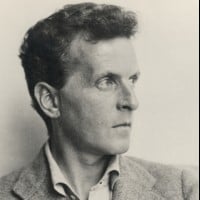
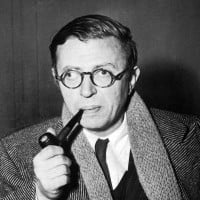 Jean-Paul Charles Aymard Sartre (June 21, 1905 – April 15, 1980) was a French philosopher, playwright, novelist, political activist, biographer, and literary critic.
Jean-Paul Charles Aymard Sartre (June 21, 1905 – April 15, 1980) was a French philosopher, playwright, novelist, political activist, biographer, and literary critic.
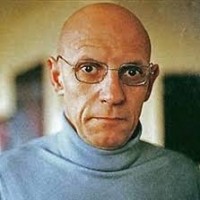

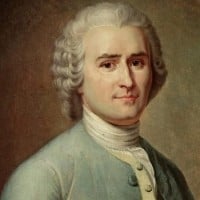
A conflicted and disjointed "philosophy" (more a stream of consciousness) that greatly influenced and abetted the oppressive collectivisms to come.
 François-Marie Arouet (21 November 1694 – 30 May 1778), known by his nom de plume Voltaire, was a French Enlightenment writer, historian, and philosopher famous for his wit, his attacks on the established Catholic Church, and his advocacy of freedom of religion, freedom of speech, and separation of church and state... read more
François-Marie Arouet (21 November 1694 – 30 May 1778), known by his nom de plume Voltaire, was a French Enlightenment writer, historian, and philosopher famous for his wit, his attacks on the established Catholic Church, and his advocacy of freedom of religion, freedom of speech, and separation of church and state... read more

 Confucius was a Chinese teacher, editor, politician, and philosopher of the Spring and Autumn period of Chinese history. He is the founder of the religion with the same name as him. Confucius believed he was doing the Will of Ti'en (God or 'Heaven') by preaching ethics.
Confucius was a Chinese teacher, editor, politician, and philosopher of the Spring and Autumn period of Chinese history. He is the founder of the religion with the same name as him. Confucius believed he was doing the Will of Ti'en (God or 'Heaven') by preaching ethics. Aristotle was a Greek philosopher and scientist born in the city of Stagira, Chalkidice, on the northern periphery of Classical Greece.
Aristotle was a Greek philosopher and scientist born in the city of Stagira, Chalkidice, on the northern periphery of Classical Greece. Gave Western civilization a rational argument, a logical need, for a Creator.
"Quality is not an act, it is a habit."
 Plato was a philosopher in Classical Greece and the founder of the Academy in Athens, the first institution of higher learning in the Western world.
Plato was a philosopher in Classical Greece and the founder of the Academy in Athens, the first institution of higher learning in the Western world. Socrates was a classical Greek philosopher credited as one of the founders of Western philosophy, and as being the first moral philosopher, of the Western ethical tradition of thought.
Socrates was a classical Greek philosopher credited as one of the founders of Western philosophy, and as being the first moral philosopher, of the Western ethical tradition of thought.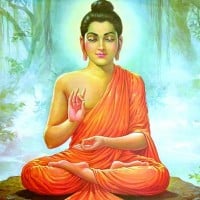 Gautama Buddha, also known as Siddhārtha Gautama, Shakyamuni Buddha, or simply the Buddha, after the title of Buddha, was an ascetic and sage, on whose teachings Buddhism was founded.
Gautama Buddha, also known as Siddhārtha Gautama, Shakyamuni Buddha, or simply the Buddha, after the title of Buddha, was an ascetic and sage, on whose teachings Buddhism was founded.Groundbreaking, anarchic, and surreal anti-capitalist academic who paved the way for the internet age, coining the concept of a "virtual world" in 1967, as well as laying much of the groundwork for modern-day neurodiversity and alternative education movements in his works with anti-authoritarian communist psychoanalyst Felix Guattari.
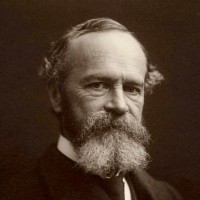
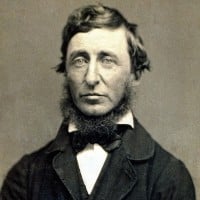
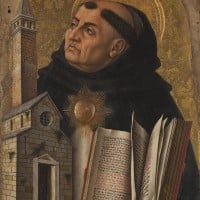
Theologian and philosopher who wrote: "To one who has faith, no explanation is necessary. To one without faith, no explanation is possible."
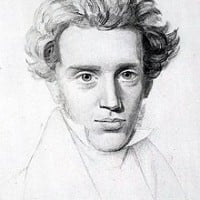
 Karl Heinrich Marx ( 5 May 1818 – 14 March 1883) was a German philosopher, critic of political economy, economist, historian, sociologist, political theorist, journalist and socialist revolutionary. His best-known titles are the 1848 pamphlet The Communist Manifesto and the four-volume Das Kapital (1867–1883). Marx's political and philosophical thought had enormous influence on subsequent intellectual,... read more
Karl Heinrich Marx ( 5 May 1818 – 14 March 1883) was a German philosopher, critic of political economy, economist, historian, sociologist, political theorist, journalist and socialist revolutionary. His best-known titles are the 1848 pamphlet The Communist Manifesto and the four-volume Das Kapital (1867–1883). Marx's political and philosophical thought had enormous influence on subsequent intellectual,... read more
 René Descartes was a French philosopher, mathematician, and scientist who invented analytical geometry, linking the previously separate fields of geometry and algebra.
René Descartes was a French philosopher, mathematician, and scientist who invented analytical geometry, linking the previously separate fields of geometry and algebra. After analyzing every radical doubt, he came to the conclusion that one thing is sure: that he exists. His saying, "I think, therefore I am," was true, even when he was dreaming or when his senses played tricks with his mind. It was even necessarily true because it's impossible to deny it without being in contradiction with yourself. If you're saying that you have doubts about your existence, it proves in fact that you exist. Otherwise, you wouldn't have a doubt to begin with.
You also can't ignore the existence of your thinking because it is with your ability to think that you are able to have doubts or to understand when you're dreaming or not, when your mind is playing tricks or not (third parties who agree on reality). Therefore, thinking and I (my existence) are the same. A proven self-identity that has a body with a conscience. Comments who are saying that "I am, therefore I think" are not always necessarily true are misled by concepts like intelligence that has nothing to do with the reality of existence (psychological issues are not ontologic facts about reality/non-reality, existence/non-existence).

